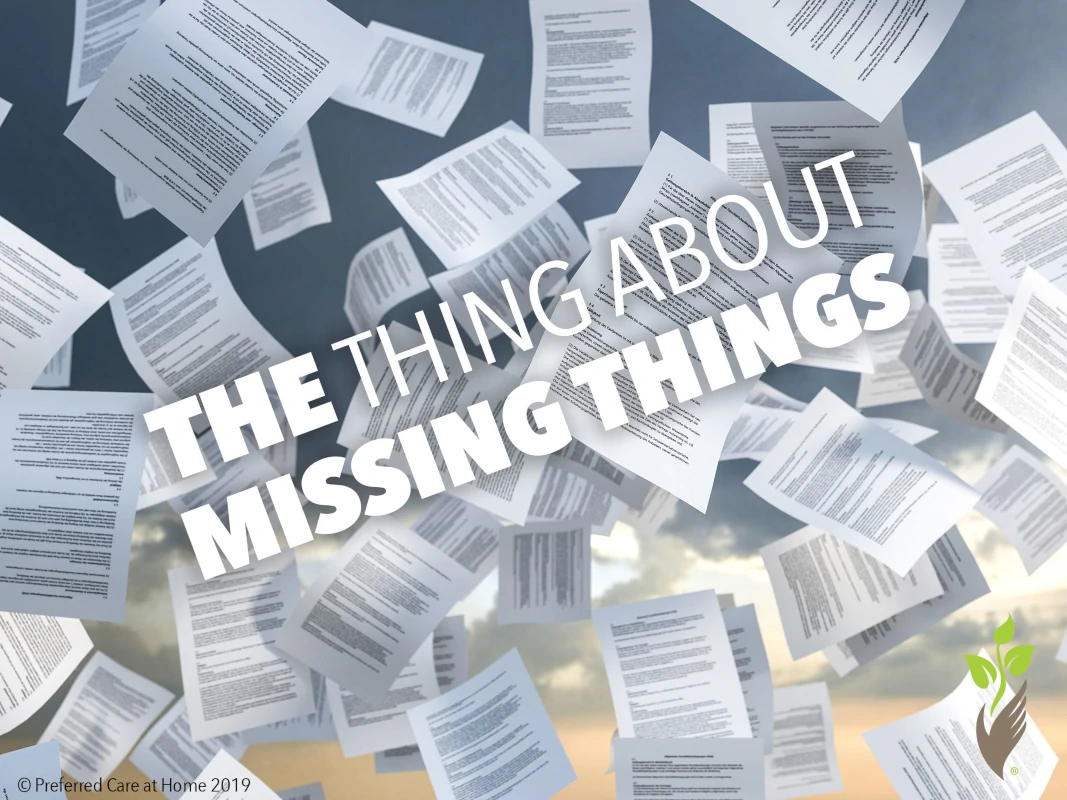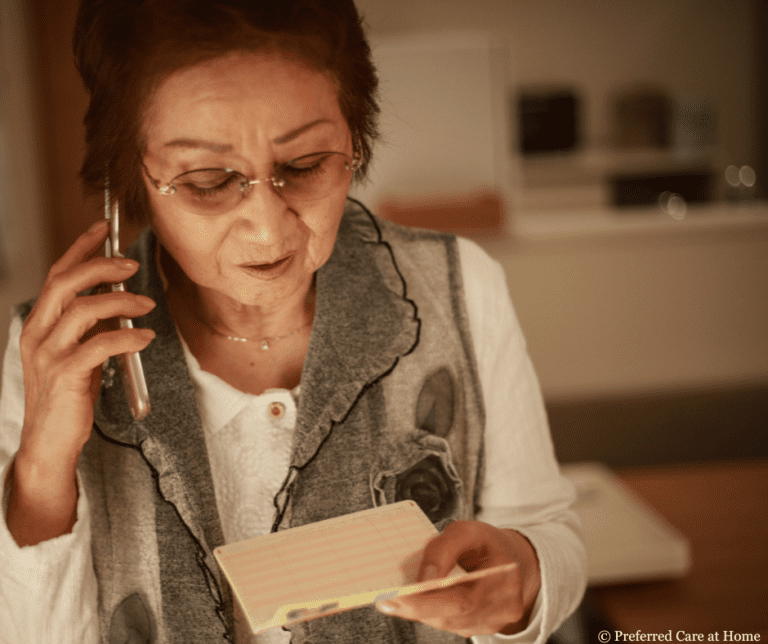
Things go missing. It’s just what things do, especially your things. In fact, as you are reading this, you’re realizing you’ve definitely left something somewhere – you’re just not sure what thing or where just yet.
Outside of breathing, eating, and sleeping, hunting for missing items is probably the most common pastime in the history of humanity. Similarly, “I can’t believe it’s not in this drawer” is a top 10 phrase regardless of decade, language, or time zone.
So, what should you do with your most important things, now that we’ve established that it’s in the nature of things to go missing?
For instance, where are your important legal documents? Where is your will? Where is your financial power of attorney, your medical power of attorney, your deeds, or your titles?
Are they all in the same place? Are there copies of them in multiple places? Have you placed specific people in charge of some or all those things?
These questions may be nosey and bit annoying, but they could become significant.
For example, say you’ve gone out of the picture after a tragic perfume factory explosion and your family and friends are left to organize and distribute your things. Fortunately, you had a will. Unfortunately, you had multiple copies in multiple places and somehow these wills are suspiciously saying different things all of a sudden.
What a mess!
A will is important in that it’s your last say in who gets what and it can be a meaningful and important final message to your loved ones, so getting it right and true is vital.
But fret not, there are things you can do to avoid such messes. For instance, only have one copy of your will. And store it in a safe place like with your (hopefully) trusty lawyer or a lockbox at your (fingers-crossed) secure bank.
The AARP has the following helpful tips in safeguarding your legal documents:
- Keep the original version of your will, financial durable power of attorney, health care durable power of attorney and other important legal documents together in a safe place. Protect your documents from harm (such as weather disasters and fire) and that they can be easily located when necessary. For instance, you can keep your documents in a locked fireproof, watertight box in your home, but make sure that your personal representative or agents have a key.
- Make sure that your personal representative, and anyone to whom you have given power of attorney, know where your original documents are located.
- Do not store your original legal documents in a safe deposit box unless you have made arrangements with your bank to provide your personal representative or agent with access to the safe deposit box or you have them listed jointly on the safe deposit box with you. Otherwise, a court order may be necessary to access the documents in the box, which can be a lengthy and difficult process.
- Keep a list of every person and institution to which you have given copies of your legal documents so that you can provide updated copies if you make changes.
Things like to go missing, it’s just what they do. But if you take extra care, and plan ahead you, and your loved ones just might avoid an “I can’t believe it’s not in that drawer” moment or two.
If you have questions about senior home
care services or if you want to start care:
Related Posts

August 15, 2022
Three Simple Tips to Avoid Financial Scams
Ashly Luckose, Esq.

August 11, 2022
Being Aware of Elder Abuse
Ashly Luckose, Esq.

May 13, 2022
How A Senior Resource Panel Can Help Protect Your Blindside
Ashly Luckose, Esq.
Helping seniors age in place, with dignity & grace.